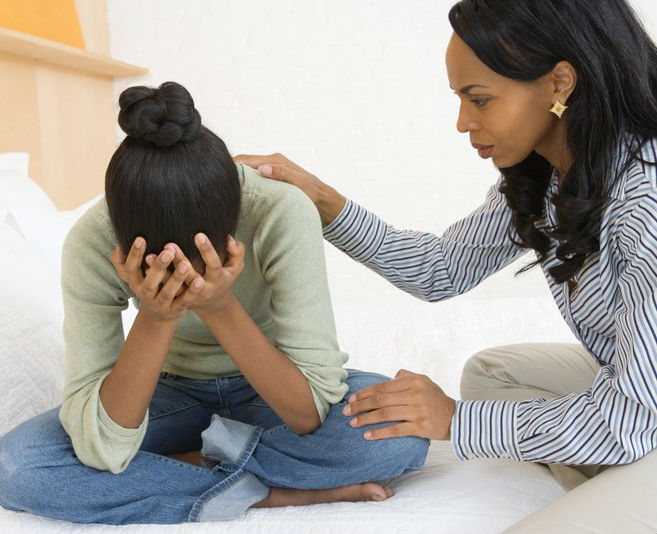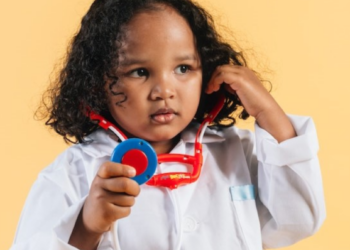4. Their behaviors are uncharacteristic and erratic
What was your child’s behavior like before they started acting strange? If they’re the complete opposite of who they used to be that may be the influence of different peers and drugs and alcohol. You can also notice their speaking habits change, their sleeping patterns are not normal, and they act overly-paranoid or constantly self-conscious.
5. Grades are dramatically slipping
This is a dead giveaway. The influence of drugs and alcohol cause a person to lose motivation in important areas of their life, such as school and personal interest in hobbies. If their grades are slipping, this evidence can also demonstrate that your child may be skipping classes or spending majority of their time using drugs.
6. Money and prescribed medications begin disappearing without reason
Drugs and alcohol always cost money, and a child that is abusing drugs is probably willing to steal resources – even your own money – if necessary, to get their hands on them. If your child is stealing money for drugs, they might even lack a moral compass altogether in other areas of their life. Additionally, if normal prescription medicines, such as cough syrup or painkillers, are diminishing in quantity without proper reason, that is also solid evidence of a child using drugs.
7. They stop taking care of their physical appearance
Not only are their emotional behaviors scattered, their physical appearance has taken a toll for the worst. Getting high or drunk becomes more important than anything else – including personal hygiene and well-being in an individual’s life. You may even notice new smells coming from your child’s clothes, hair, and body.
No parent ever wants to see their child get hurt. But when they do, we’re ready to help and console them in any way we can. Drug and alcohol abuse in children is inevitable in some cases, but that doesn’t mean it has to be a permanent circumstance.
If your child does happen to be using drugs, as a parent you should take the initiative to sit down with your child about the subject and seek professional and medical help immediately. With those resources, you can help your child to overcome this phase so that they do not become addicts years down the road or put their lives in danger.
Author’s Bio







